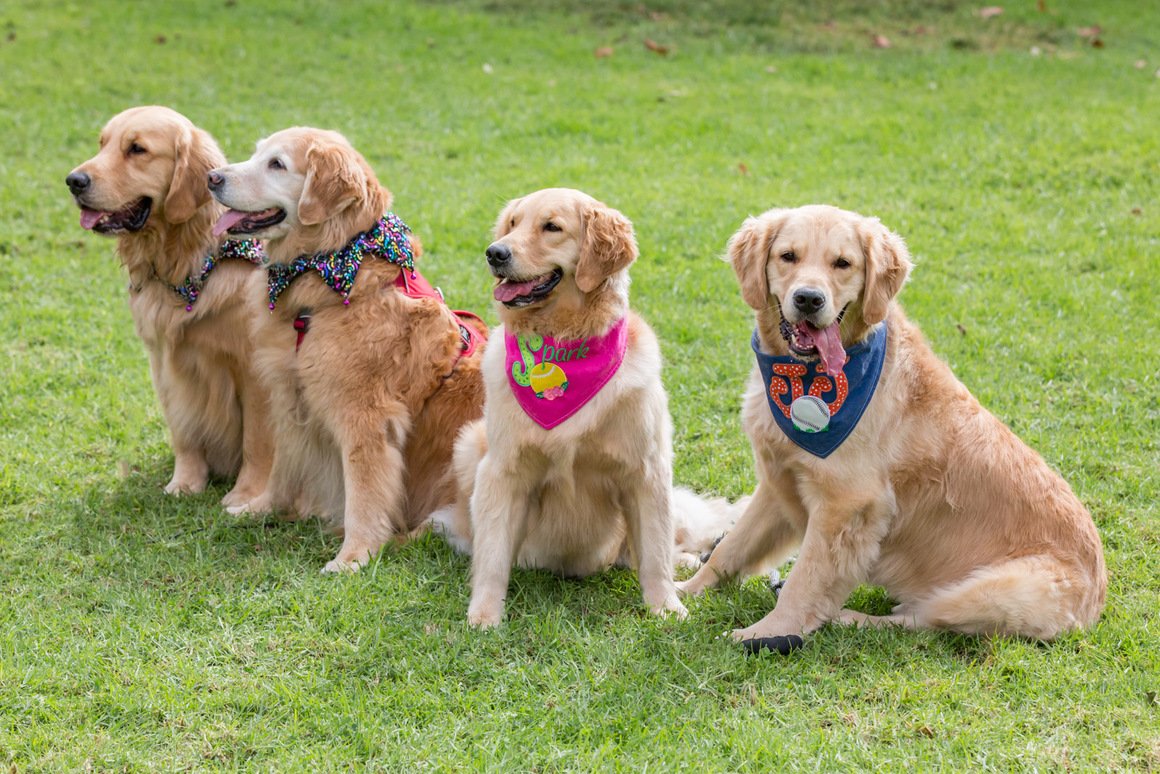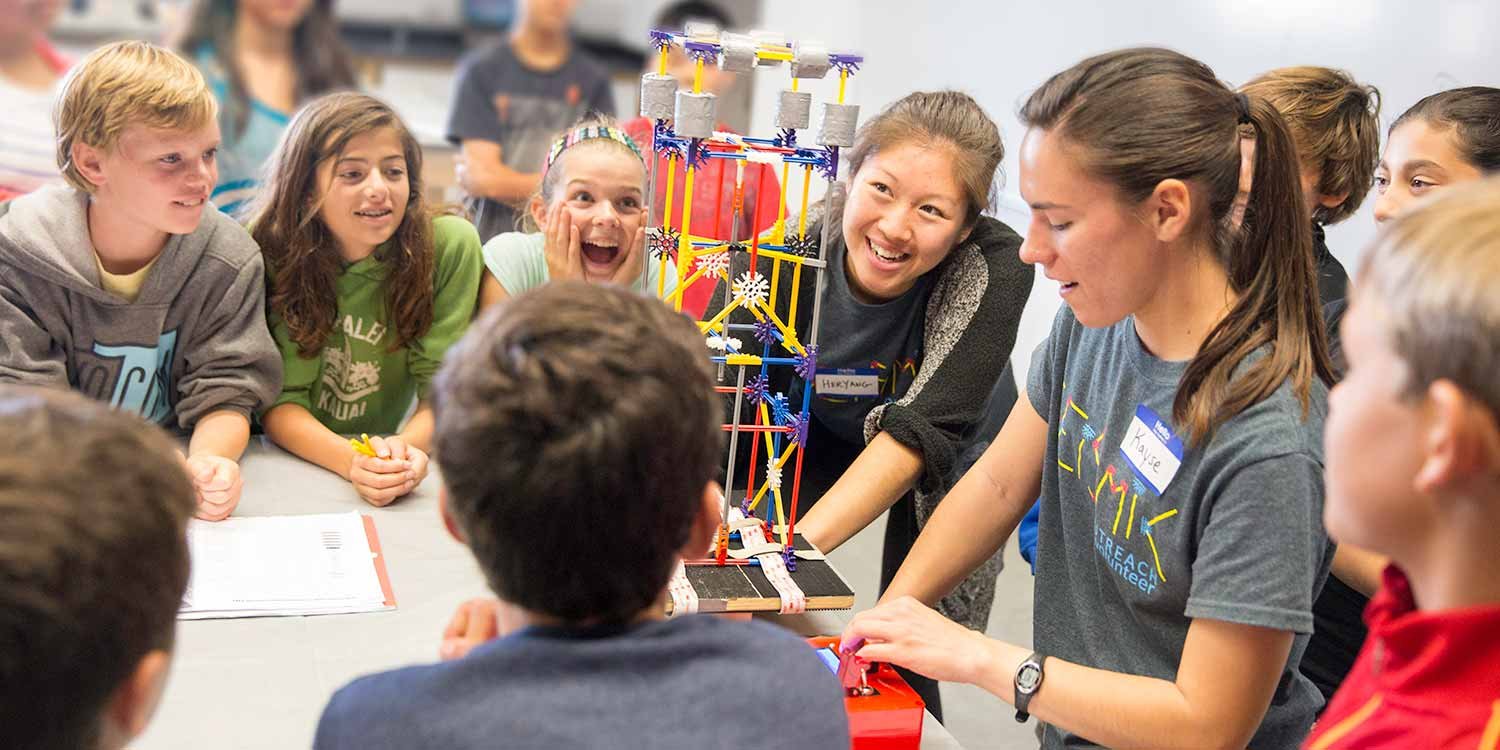As the morning sun gently kisses your face, you find yourself eager to embark on a day filled with canine adventures. But how can you ensure that your furry companion’s playtime is not just a frivolous romp, but a productive learning experience as well? Enter the enchanting world of “fetch.” Yes, that simple yet marvelous command that can transform ordinary playtime into a magical journey of mental and physical stimulation for your beloved pup. So, fasten your seatbelts, fellow dog enthusiasts, as we unravel the secrets of making playtime both entertaining and educational with the power of the “fetch” command. Get ready to unleash the potential of your pup’s boundless energy and witness the transformative wonders of this timeless game.
Table of Contents
- The Benefits of Teaching Your Dog the “Fetch” Command
- Understanding the Basics of Teaching Your Dog to Fetch
- Tips and Tricks for Teaching Fetch to Your Dog
- Incorporating Variations and Challenges into Fetch Training
- Making Playtime Productive and Enjoyable with the “Fetch” Command
- Q&A
- The Way Forward

The Benefits of Teaching Your Dog the “Fetch” Command
Teaching your dog the “fetch” command is not just a fun game to play in the park, but it also comes with a myriad of benefits for both you and your furry friend. From mental stimulation to improved obedience, here are some incredible advantages of incorporating this simple command into your dog’s training routine:
- Physical Exercise: Engaging in a game of fetch provides your dog with an excellent workout. As they sprint back and forth to retrieve the toy, their muscles are put to good use, helping them maintain a healthy weight and promoting cardiovascular health.
- Enhanced Bonding: Teaching your dog to fetch builds a stronger connection between the two of you. Spending quality time together during training sessions helps establish trust and deepens your emotional bond. It’s a delightful way to strengthen the relationship you share with your loyal companion.
- Mental Stimulation: The “fetch” command not only exercises your dog’s body but also engages their mind. Your furry buddy will learn to focus on the task at hand, improving their cognitive abilities and keeping their brain sharp.
- Obedience Training: Fetch is an excellent tool for reinforcing basic obedience commands such as “sit,” “stay,” and “drop it.” These commands are all essential for a well-behaved dog. By practicing them during a game of fetch, you can instill good manners and discipline in your furry pal.
So why wait? Grab a toy, head outdoors, and embark on an exciting fetch adventure with your four-legged companion. Not only will you both have a blast, but you’ll also reap the numerous benefits that come with teaching your dog this invaluable command!

Understanding the Basics of Teaching Your Dog to Fetch
Teaching your dog to fetch can be a fun and rewarding experience for both you and your furry friend. This essential command not only provides mental stimulation but also promotes physical activity. To help set you and your pup on the path to fetch success, here are a few fundamental tips:
- Start with a favorite toy: Before diving into the training process, find a toy that truly captivates your dog’s interest. This could be a squeaky ball, a plushie, or even a durable stick. By using their preferred plaything, you’ll motivate them to participate enthusiastically.
- Introduce the concept: Show your dog the toy and encourage them to sniff and engage with it. Once they show curiosity towards the object, gently toss it a short distance away. Use an enthusiastic tone to grab their attention and say a consistent command such as “Fetch” or “Go get it.”
- Positive reinforcement: When your dog takes a step towards the toy or picks it up, shower them with praise and reward them with a treat. Make sure to repeat the command as they approach you with the object. This will help them associate the action with the command.
- Gradual increase in difficulty: As your dog becomes more adept at fetching, you can gradually increase the distance of the throws. Allow them to master short distances before moving on to longer ones. This step-by-step approach will prevent overwhelm and foster a sense of accomplishment.
Remember, patience and consistency are key when teaching your dog any new skill. Celebrate small victories along the way and enjoy the bonding experience that fetch can bring to your relationship. With time and practice, your loyal companion will be proudly retrieving their favorite toy in no time!
Tips and Tricks for Teaching Fetch to Your Dog
Teaching your furry friend to play fetch can be a fun and engaging activity for both of you. Here are some tips and tricks to help you get started:
- Start with the basics: Begin by introducing your dog to the concept of fetching. Show them a ball or a toy and encourage them to interact with it. Reward them with treats and praise when they show interest or attempt to pick it up.
- Use positive reinforcement: Dogs respond well to positive reinforcement, so make sure to reward them every time they successfully retrieve the object. Praise them enthusiastically, offer them a treat, or give them a gentle pat on the head.
- Gradual progression: Start by tossing the toy a short distance and encourage your dog to fetch it. As they become more comfortable, gradually increase the distance. Remember to be patient and never force your dog to play if they seem hesitant or disinterested.
- Keep it exciting: Make fetch sessions exciting and engaging for your dog. Use a variety of toys to keep their interest high and rotate them regularly. You can also incorporate training commands such as “drop it” or “bring it” to make the game even more interactive.
- End on a positive note: Just like human beings, dogs get tired too. Don’t overdo the fetch sessions, especially if your dog is new to the game. End the playtime on a positive note by rewarding them with a special treat or letting them enjoy their favorite activity.
Remember, each dog is unique, so be patient and adjust your approach to suit their personality and learning style. With consistent practice and positive reinforcement, your four-legged companion will soon become a fetch pro!
Incorporating Variations and Challenges into Fetch Training
can help keep your furry friend engaged and stimulated. By introducing different elements, you can make the game more exciting and ensure that your dog is continually learning and developing their skills.
One way to incorporate variations is by using different types of toys or objects for your dog to fetch. This can include balls, frisbees, or even soft toys. By switching up the items, you can add an element of surprise and keep your pup guessing. Plus, it’s a great opportunity to teach them how to differentiate between different objects.
Adding challenges to fetch training can also enhance your dog’s problem-solving abilities. You can try introducing obstacles in the playing area, such as cones or jumps, to make them navigate the course to retrieve the toy. This not only adds an extra layer of difficulty but also helps improve their coordination and agility. Additionally, you can incorporate commands like “drop it” or “leave it” to teach them impulse control and further reinforce their obedience skills.
Remember to always keep the training sessions short and positive, using plenty of treats and praise to reward your dog for their efforts. With these variations and challenges, your fetch training sessions will not only be productive but also enjoyable for both you and your furry companion.
Making Playtime Productive and Enjoyable with the “Fetch” Command
When it comes to playtime with your furry friend, there’s nothing quite like a game of fetch. Not only does it provide hours of fun and exercise, but it’s also a fantastic opportunity for training and bonding. By teaching your dog the “fetch” command, you can transform a simple game into a productive learning experience for both of you.
1. Establishing the Basics:
- Before diving into fetch, make sure your dog has a solid understanding of basic commands like “sit” and “stay”. This foundation will make it easier for them to learn the fetch command.
- Keep a handful of their favorite treats nearby during training sessions to reward them for their progress.
- Show the ball or toy to your dog and use an enthusiastic tone to command “fetch” while gently tossing it a short distance.
- Encourage them to pick up the toy and bring it back to you by using positive reinforcement and offering treats when they follow through.
2. Taking it Up a Notch:
- Once your dog is comfortable fetching the toy to you, gradually increase the distance you throw it. This will enhance their physical endurance and mental stimulation.
- As your furry companion improves, try incorporating additional commands alongside “fetch,” such as ”drop it” or “leave it.” This not only adds to their list of skills but also reinforces their understanding of obedience.
By making playtime productive through the “fetch” command, you’ll be fostering your dog’s mental and physical well-being, while strengthening your bond in the process. So grab a toy, head outside, and get ready to enjoy countless hours of productive and enjoyable playtime with your beloved canine companion!
Q&A
Why is playtime important for dogs?
Playtime is crucial for dogs as it helps them exercise, maintain a healthy weight, and expend energy. It also strengthens the bond between dogs and their owners.
What are the benefits of teaching the “fetch” command?
Teaching your dog the “fetch” command not only engages them in a stimulating activity, but it also enhances their mental and physical abilities. It provides a great outlet for their energy and promotes obedience training.
How do I start teaching my dog the “fetch” command?
Begin by choosing a toy or ball that your dog tends to show interest in. Encourage your dog to hold the toy in their mouth, and then gently throw it a short distance. Use a positive tone and reward your dog with praise or treats when they retrieve the toy.
How can I make playtime with the “fetch” command productive?
To maximize the productivity of playtime, incorporate short training sessions between retrieving sessions. This could include practicing obedience commands like “sit” or “stay” before allowing your dog to fetch the toy again. It also helps condition them to follow commands while having fun.
What if my dog doesn’t want to fetch or retrieve?
Not all dogs naturally have an interest in fetching or retrieving. In such cases, you can try using treats or their favorite toy as a reward to entice them. Gradually increase the distance of the throws and provide positive reinforcement when they make an effort to retrieve the item.
How long should playtime with the “fetch” command last?
The length of playtime with the “fetch” command can vary depending on the dog’s age, breed, and energy level. It is best to start with shorter sessions, around 10-15 minutes, and gradually increase the duration as your dog becomes more comfortable and confident with the game.
Are there any precautions I should take during playtime with the “fetch” command?
Always ensure the area you are playing in is safe and secure, free from hazards or potential escapes. Avoid throwing the toy too forcefully to protect your dog’s joints and prevent injuries. Additionally, make sure your dog stays hydrated and take breaks if they show signs of exhaustion or overheating.
The Way Forward
As we bid adieu to this enlightening journey of mastering the art of playtime with our furry companions, we can’t help but marvel at the wonders the simple command of “fetch” can unleash. In just a few steps, we have transformed mundane games into productive adventures that stimulate both the body and mind of our beloved canines.
Through countless throws, hearty chases, and exhilarating retrieves, our loyal companions have not only satisfied their innate cravings for physical exercise but have also tapped into their innate intelligence. With each wagging tail and joyful leap, they have embraced the exhilarating challenge of fetching, training their focus and enhancing their problem-solving skills.
Gone are the days when fetch was merely a casual game to entertain our dogs. Armed with the knowledge of how to harness the mighty power of this command, we have witnessed a transformation like no other. Playtime, once seen as a mere moment of leisure, has now blossomed into a fruitful opportunity for bonding and growth.
As we conclude this article, we implore you to embrace the potential lying dormant within playtime. Spare not a moment to unlock the endless possibilities that “fetch” commands hold. Let us embark on a journey where every throw becomes a chance for our furry companions to become the best versions of themselves.
So, dear readers, let us seize the day and make playtime an adventure that enriches the lives of both humans and pets alike. May every toss of the ball be an opportunity to foster a stronger bond, to ignite an insatiable thirst for learning, and to witness the sheer joy that only a simple game of fetch can bring. Let’s make playtime more than just a pastime; let’s make it an extraordinary journey towards a life well-fetched.
As an affiliate, my content may feature links to products I personally use and recommend. By taking action, like subscribing or making a purchase, you’ll be supporting my work and fueling my taco cravings at the same time. Win-win, right?
Want to read more? Check out our Affiliate Disclosure page.